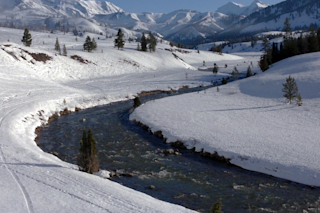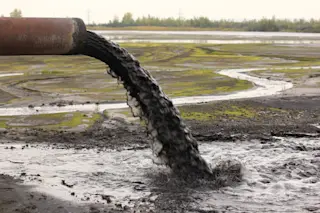Helping the environment might seem like an impossible task, especially when there are a couple billion other people out there, still doing their thing. But even just cutting your current environmental impact a little is better than doing nothing at all. So, here are a few ideas to get you started.
What has less of an impact than buying the most sustainable new product on the market? Not buying it. Or anything new, for that matter. Any product that’s manufactured requires resources, energy, packaging and transportation. And that’s also true for products that are a “sustainable alternative” to something else.
But our world is already so full of stuff. It’s waiting for you in thrift stores. Second-hand shops. Yard sales. Used car lots. The back of your friend’s closet. In fact, the resale industry is booming: A report by First Research estimates the used merchandise industry in the U.S. hit ...














